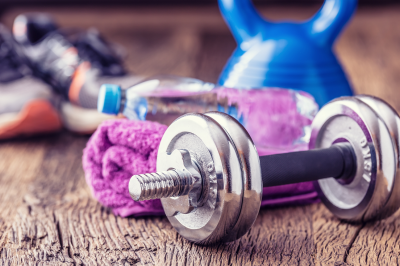UHI - Being physically active with a stoma

Discovering you need stoma surgery can be very worrying, and you may be concerned that your lifestyle will change significantly once the surgery has taken place.
With this in mind, it’s important to receive quality advice to help you understand what’s safe for you to undertake following surgery.
This video from University of the Highlands and Islands (UHI) looks at how you can be physically active with a stoma and encourages you get the right advice to help you exercise post-surgery.
Ileostomy & Internal Pouch Association were delighted to help fund research undertaken by the UHI (primary funding by Bowel and Cancer Research).
The initial study follows healthcare professionals working with patients to devise safer and manageable exercise programmes after stoma formation in patients with a cancer diagnosis, with a following phase looking at stoma formation in patients with an IBD diagnosis (e.g. Crohn’s disease or ulcerative colitis).
The video highlights the ways in which you can workout at the gym through resistance training, a range of upper and lower body exercises, and more. Exercising this way has excellent benefits, both physical and mental, such as reducing anxiety, increasing your overall health and enabling you to return to work earlier following your stoma surgery.
Even small steps such as walking in the park and stretching can also get your heart rate going and help you to stay healthy and gives you inspiration to return to your previous lifestyle following a difficult time.
Information contained in this Articles page which doesn’t state it has been written by talkhealth, has been written by a third party, who has not paid to be on the talkhealth platform, and has been published with their permission. talkhealth cannot vouch for or verify any claims made by the author, and we do not endorse any specific products, brands, or treatments mentioned. The content in our Articles pages should not be considered a substitute for medical advice. You should always seek medical advice before changing your treatment routine.
Last revised: 15 May 2019
Next review: 15 May 2022

